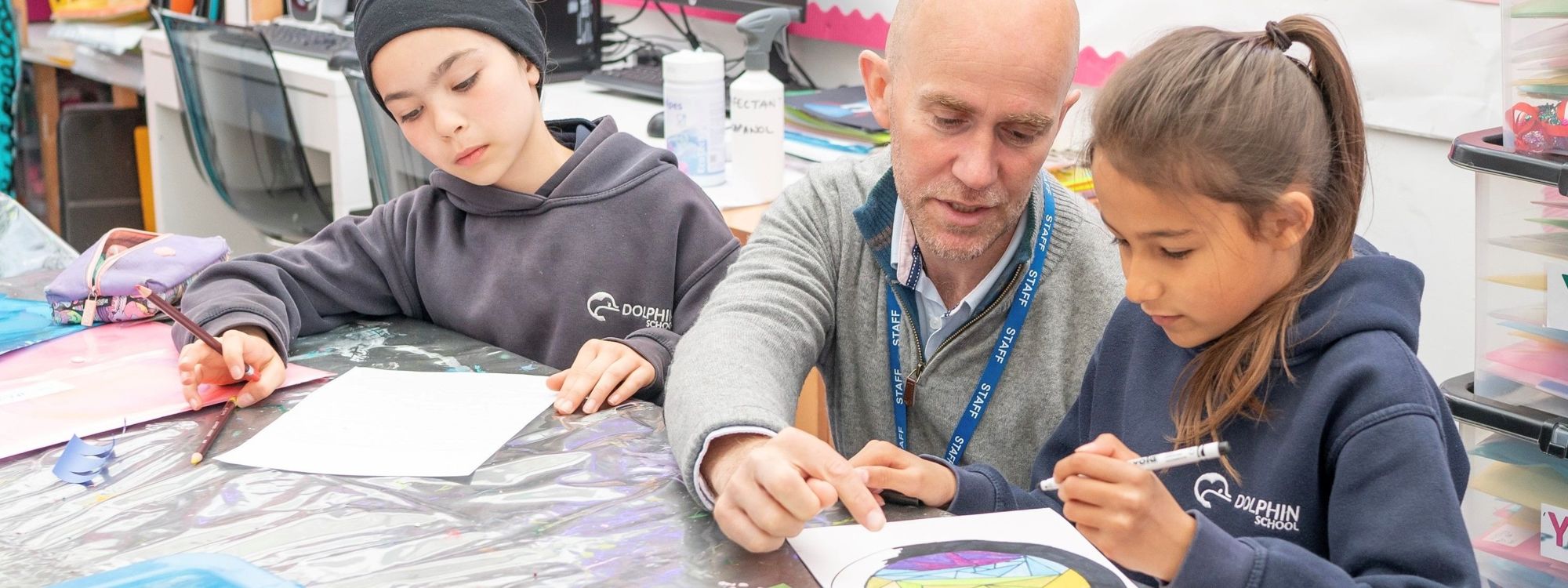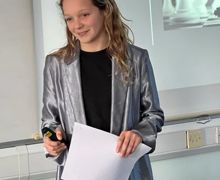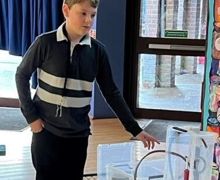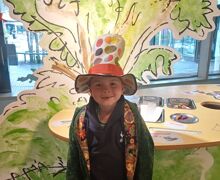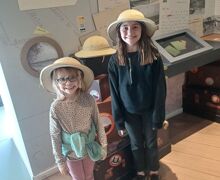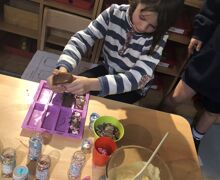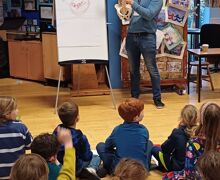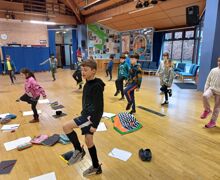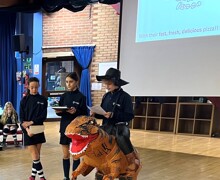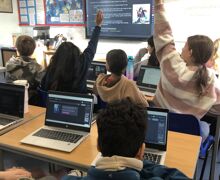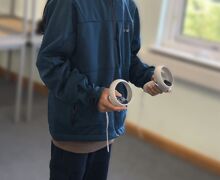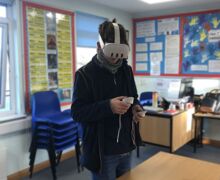- Home
- School Life
- Dolphin Project Qualification (DPQ)
Dolphin Project Qualification (DPQ)
Further examples of excellence were seen in pupils' submissions to the Dolphin Project Qualification (DPQ) that aligns the development of core skills with pupils' particular interests.
ISI Report June 2021
Over the last five years, we have been developing, improving and refining the Dolphin Project Qualification. This entirely bespoke programme of assessment now runs from Years 3 and 8 and maintains all that it best about project-based pedagogy - metacognition, student autonomy and experiential learning - whilst developing genuinely unique and intellectually challenging experiences for our pupils that respond to their interests and talents.
Our DPQ programme focuses on the active promotion of core skills and is assessed continuously, rather than terminally. It blends content mastery, meaningful work, and personal connection to create a powerful learning experience, in terms of both academic achievement and holistic growth. It gives our pupils the opportunity to gain skills that are valuable in a modern workplace as well as in their own personal lives, such as how to take initiative, work responsibly, solve problems, collaborate in teams, communicate ideas and meet deadlines.
The teaching methods and assessment framework for our Dolphin Project Qualification have been built around our Core Values and these are explicitly taught during the projects:
- Kindness (collaboration and teamwork)
- Freedom (autonomy and independence)
- Discovery (gathering, synthesizing and analysing information)
- Challenge (generating and selecting ideas, developing questions)
- Confidence (communicating with clarity and precision)
The development of meaningful assessment methods is central to our commitment to Learner-Centred Education, which exmplasises the value of the process over the outcome. All projects centre around a final finished 'piece', but are supported by a portfolio of work that students put together with the support of teachers and mentors. Children are encouraged to reflect upon their own learning and to evidence this process actively, including signposting next steps for development.
The Dolphin curriculum has academic excellence at its heart and continues to promote our pupils’ love of learning. Our project-based learning approach, which begins in the Early Years and culminates in our systematic DPQ platform means that learning can happen through guided discovery rather than the passive intake of knowledge. It teaches our children how to think, rather than what to think.
Please look through the pages below to find out more about each of last year's projects; all are subject to change according to the whims, passions and talents of a particular year group.
Year 6: Environmental Campaigning
Oceans cover 71% of the earth’s surface, holding 97% of our planet’s water. They drive our climate, capture carbon and provide the atmosphere with oxygen. This project introduces the various ways in which climate change is impacting on the oceans as well as exploring possible mitigating factors and innovations. With the opportunity to investigate one phenomenon in more detail, you will then be tasked to create an awareness-raising campaign to draw greater attention to your chosen area. This will require you to marry your factual, evidence-based understanding with persuasive techniques and technological expertise to inform, convince and galvanise your audience!
Year 7: Dragon's Den
In this project, you will work in teams to respond to respond to an identified 'problem', develop a business concept, conduct market research, create a realistic financial plan, and finally, to pitch your businesses to an audience. Along the way, you will need to be prepared to react dynamically to any feedback that comes in your direction - you may even have to start all over again! You will increase your understanding of key mathematical skills, advertising language, whilst also developing competence in areas of technology, communication, and collaboration.
Year 8: TED talks
In this project, you will devise your own research question, centred around a given theme (e.g. 'Technology' or 'Government'). You will work independently to collect, analyse and evaluate relevant data, before creating an individual response to the initial question, but along the way you need to be prepared to flex your collaborative skills by both responding to and delivering constructive criticism. The ultimate ‘answer’ to your enquiry question will be delivered as a TED talk to an audience of peers and teacher assessors; be prepared for the final challenge of taking unrehearsed questions from your attentive audience!

